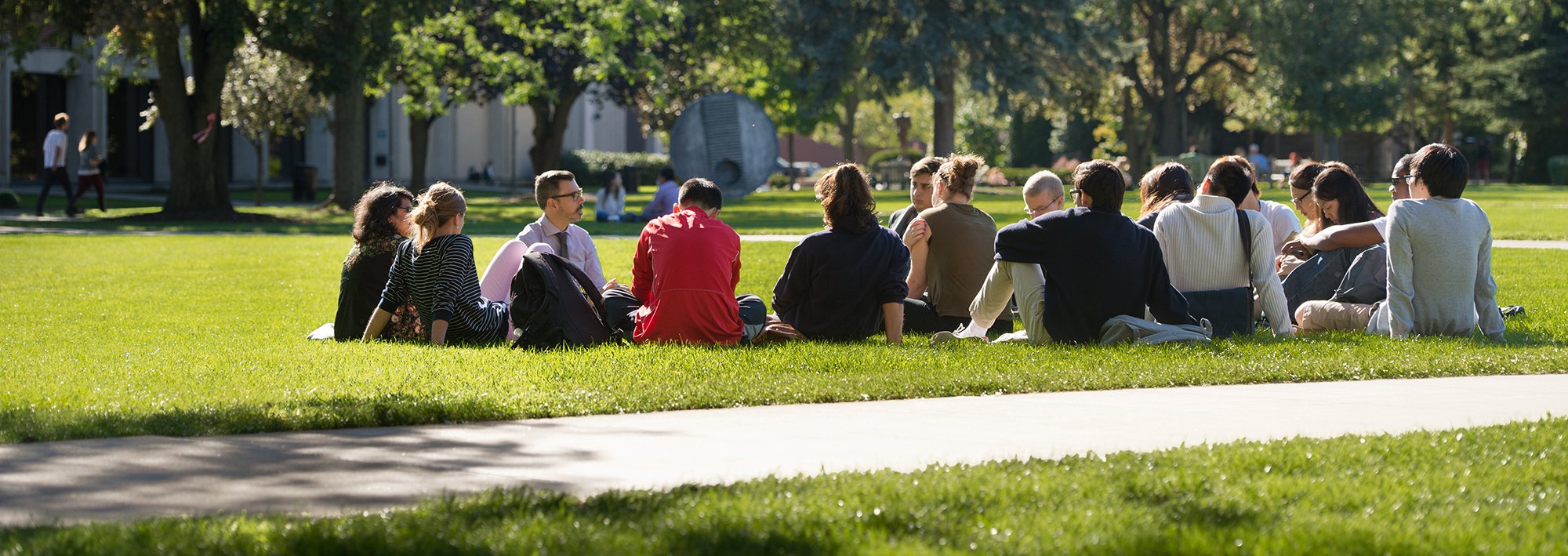Course Descriptions and Learning Outcomes

WRT 105
Catalogue Description:
Study and practice of writing processes, including critical reading, collaboration, revision, editing, and the use of technologies. Focuses on the aims, strategies, and conventions of academic prose, especially analysis and argumentation.
Detailed Description:
In WRT 105 writing and rhetoric, particularly as they relate to genre, are both subjects of inquiry and the primary activities. Students compose, revise, and reflect on their writing with the support of their teacher and peers. Students also engage critically with the opinions and voices of others as they are encouraged to understand how writing can have consequences. Students explore composing as it relates to different social contexts and media. As students inquire into composing in contexts, they understand their own writing and development with heightened awareness, with the goal of adopting an agile, adaptive, resourceful stance toward future writing situations in academic, professional, and civic realms.
Learning Outcomes:
- Writing as Situated Process
Students will practice a range of invention and revision strategies appropriate to various writing situations. - Writing with Sources
Students will be introduced to primary and secondary research, utilize various library resources, evaluate sources, and synthesize and apply research in accordance with citation, genre conventions, and ethical standards. - Writing as Rhetorical Action
Students will gain knowledge of rhetorical principles and practice addressing different audiences and situations. - Writing as Academic Practice
Students will build their familiarity with values, strategies, and conventions related to a range of academic contexts and disciplinary conversations. - Writing as Social Practice
Students will analyze, reflect on, and practice the dynamic use of language in diverse contexts and recognize issues of power, difference, and materiality.
WRT 114
Catalogue Description:
Emphasizes nonacademic writing—creative nonfiction, memoir, the essay. Students write texts experimenting with style, genre, and subject, read contemporary nonfiction texts by varied authors, attend lectures/readings of visiting writers.
Learning Outcomes:
- Students will read and critically engage with creative nonfiction texts representing a diverse range of topics, subgenres, and perspectives.
- Students will learn about, and put into practice, conventions and characteristics of creative nonfiction.
- Students will compose a series of creative nonfiction texts, and take them through the processes of composing.
- Students will explore relationships between research and creative nonfiction, and learn conventions for incorporating research into their texts.
- Students will develop an awareness of audience, and work to construct an ethos and voice that responds to audience needs and expectations.
- Students will experiment with voices, styles and forms.
- Students will reflect on their writing processes.
WRT 205
Catalogue Description:
Focuses on the rhetorical strategies, practices, and conventions of critical academic researched writing.
Detailed Description:
In WRT 205, students develop an extended inquiry project that integrates materials from varied sources and includes writing in multiple genres. Students compose, revise, and reflect on their writing with the support of their teacher and peers. Through applied practice and ongoing reflection, students learn to distinguish academic contexts; develop positions in relation to research, purposes, and settings; and attribute sources according to genre and situated convention. Polished compositions might assume a variety of forms including but not limited to presentations, reviews, proposals, essayistic arguments, and multimedia and Web-based projects. Students also use digital technologies to network, compose, and/or critique and disseminate their work. The course will use a portfolio to aid in learning and assessment.
Learning Outcomes:
- Research Writing as Situated Process
Students will recognize and act upon the ways methods, processes, and contexts shape research and writing. - Researching and Evaluating Sources Rhetorically
Students will develop reading strategies for invention, rhetorical engagement with sources, and critical dialogue. - Research Writing Within and Across Genres
Students will recognize the role genre plays in determining research forms and practices. - Ethical Considerations of Rhetorical Choices in Research Writing
Students will reflect on and enact rhetorical choices that attend to ethical considerations in conducting and representing research across a range of contexts.
WRT 205 courses are taught via a course inquiry. For a list of inquiries, please see here.
WRT 104 is offered during the academic year through University College HEOP Program and in the summer.
WRT 104
Catalogue Description:
Introduction to college-level reading and writing practices: learning to compose for college audiences, to read challenging texts actively, to make interpretations and claims, and to collaborate with others. Does not substitute for WRT 105.
Learning Outcomes:
- Writing as Situated Process
Students will practice a range of invention, reading, revision, and editing strategies with the goal of developing successful habits as writers. - Writing as Social Understanding
Students will analyze, reflect on, and practice the dynamic use of language in diverse academic, social, and technological contexts. - Writing as Rhetorical Action
Students will consider interactions between audience, situation, and genre as part of their writing processes. - Writing as Reflective Learning
Students will practice self-reflection as a means of developing the awareness necessary to adapt to changing contexts.
